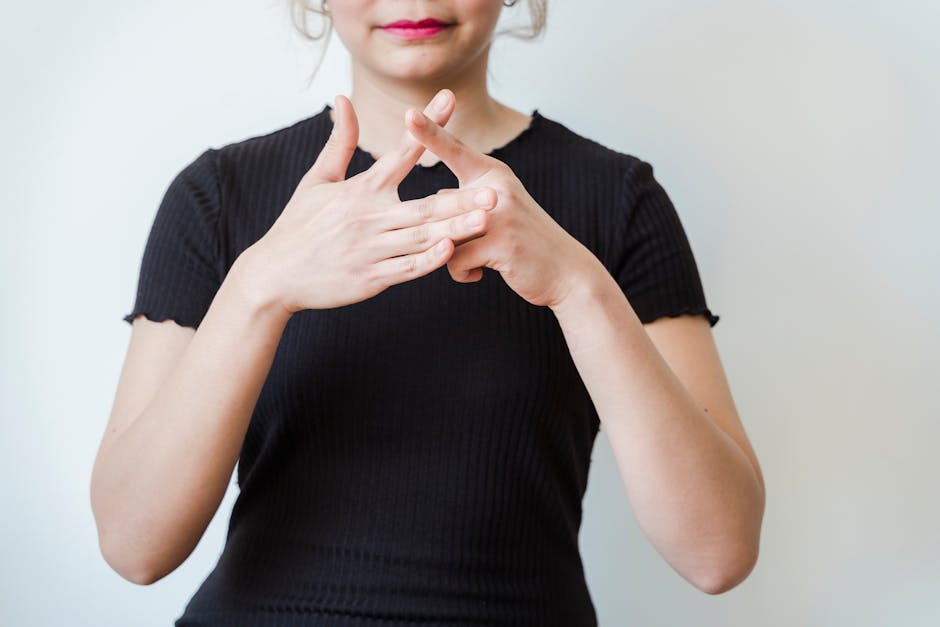
The Art of Understanding Nonverbal Cues
In today's fast-paced world, effective communication is key. Whether in personal or professional relationships, the ability to understand nonverbal cues can make a significant difference. Nonverbal cues encompass body language, facial expressions, and gestures, offering insight into a person's thoughts, emotions, and intentions.
To truly master the art of understanding nonverbal cues, we need to develop our observation skills and learn to decode various cues accurately. Subtle changes in body posture, eye contact, and hand movements can convey much more than words alone.
Eye contact, for instance, can tell us whether someone is interested, engaged, or disinterested in a conversation. When someone maintains eye contact, it often signifies a higher level of attention and interest. On the other hand, avoiding eye contact may indicate discomfort or a lack of confidence.
Body language plays a crucial role in understanding nonverbal cues. Crossed arms or legs may indicate defensiveness or a closed-off stance, while open arms can suggest receptiveness and friendliness. Mirroring someone's body language can also foster a sense of connection and rapport between individuals.
Facial expressions are another essential component of nonverbal communication. A smile can convey warmth, friendliness, and approachability, while frowns or raised eyebrows may express surprise, confusion, or concern.
Enhancing our ability to read nonverbal cues can help us become more empathetic and effective communicators. By paying attention and interpreting these cues correctly, we can better understand others and respond appropriately, strengthening relationships and avoiding misunderstandings.
Practice is key when it comes to mastering the art of understanding nonverbal cues. Pay close attention to your own nonverbal cues and observe others in various social interactions. Observe patterns and make mental notes of the cues you encounter.
Improving your understanding of nonverbal cues will undoubtedly improve your communication skills, both personally and professionally. Take the time to develop and refine this valuable skill, and you'll be amazed at the difference it can make in your interactions with others.
